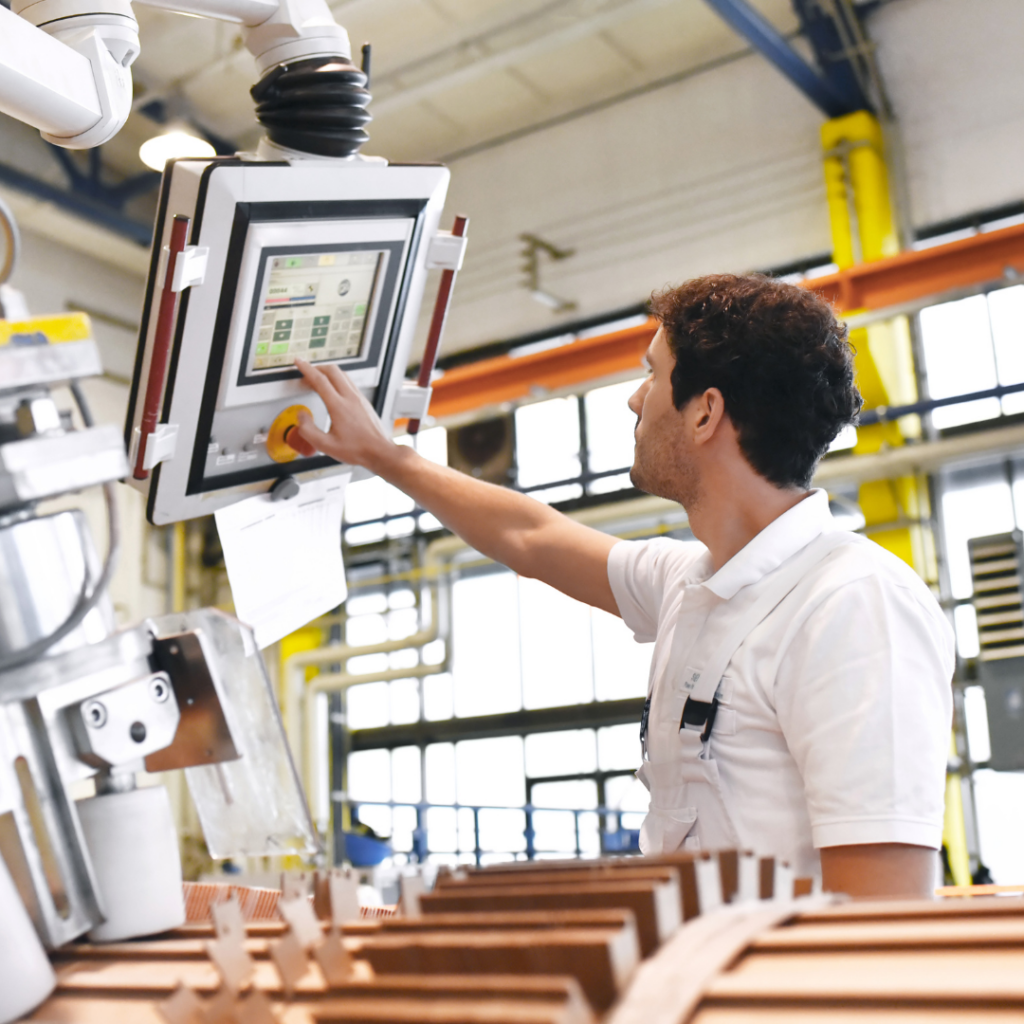In manufacturing, staying ahead of the curve is crucial. Continuous learning is not just an optional enhancement; it’s a critical necessity for professionals who want to remain relevant and competitive. At Trevor Frances Recruitment, we understand the vital role that ongoing education plays in the success of both employees and employers in the manufacturing sector. In this blog post, we’ll explore why continuous learning is essential for manufacturing professionals and how it benefits the industry as a whole.
Adapting to Technological Advancements
The manufacturing industry is rapidly evolving with the advent of new technologies. From automation and robotics to advanced materials and 3D printing, the landscape is changing at an unprecedented rate. Continuous learning allows professionals to keep up with these technological advancements, ensuring they can operate and maintain new machinery, implement innovative processes, and leverage cutting-edge tools effectively.
For instance, the integration of Industry 4.0 technologies such as the Internet of Things (IoT), big data analytics, and artificial intelligence (AI) requires a workforce that is not only knowledgeable but also adaptable. Continuous learning programs help bridge the gap between existing skills and the new competencies required to work with these technologies, thereby enhancing productivity and operational efficiency.
Enhancing Problem-Solving Skills
Manufacturing environments are often complex, requiring professionals to solve problems quickly and efficiently. Continuous learning enhances critical thinking and problem-solving skills by exposing individuals to new ideas, methodologies, and best practices. By staying informed about the latest industry trends and advancements, manufacturing professionals can develop more effective strategies to tackle challenges, improve processes, and drive innovation.
Furthermore, ongoing education fosters a culture of curiosity and experimentation. When employees are encouraged to learn and grow, they are more likely to explore new solutions, take calculated risks, and contribute to the continuous improvement of their organizations.
Meeting Regulatory and Compliance Standards
The manufacturing industry is heavily regulated, with strict standards governing everything from safety protocols to environmental impact. Continuous learning ensures that professionals stay up-to-date with the latest regulations and compliance requirements. This knowledge is critical for maintaining workplace safety, avoiding legal issues, and ensuring that products meet quality standards.
For example, the Occupational Safety and Health Administration (OSHA) regularly updates its guidelines to reflect new safety concerns and technological advancements. By participating in continuous learning programs, manufacturing professionals can stay informed about these updates and implement necessary changes to maintain compliance and protect their workforce.
Improving Employee Retention and Job Satisfaction
Investing in continuous learning not only benefits the organization but also boosts employee morale and job satisfaction. When employees see that their employers are committed to their professional development, they feel valued and motivated. This, in turn, leads to higher levels of job satisfaction, increased loyalty, and improved retention rates.
Continuous learning opportunities also provide a clear pathway for career advancement. Employees who have access to training and development programs are more likely to see a future within their organization. This reduces turnover and helps companies retain top talent, which is particularly important in the competitive manufacturing sector.
Addressing the Skills Gap
The manufacturing industry is facing a significant skills gap, with many employers struggling to find qualified candidates for specialized roles. Continuous learning is a proactive solution to this problem. By providing existing employees with ongoing training, companies can develop the skills they need internally rather than relying solely on external recruitment.
For instance, a manufacturing plant might struggle to find candidates with expertise in CNC machining. Instead of waiting for the perfect candidate, the company can invest in training programs for current employees, allowing them to acquire the necessary skills and advance into these specialized positions. This approach not only fills critical roles but also enhances the overall skill set of the workforce.
Supporting Organizational Agility
In today’s dynamic business environment, organizational agility is key to staying competitive. Continuous learning enables manufacturing professionals to adapt to changing market conditions, customer demands, and technological innovations. An agile workforce can respond quickly to new opportunities and challenges, ensuring that the organization remains resilient and forward-thinking.
Moreover, continuous learning fosters a culture of lifelong learning, where employees are encouraged to seek out new knowledge and skills continuously. This mindset is essential for driving innovation and maintaining a competitive edge in the manufacturing industry.
Continuous learning is not just a strategic advantage; it’s a necessity for manufacturing professionals who want to thrive in an ever-evolving industry. The benefits of ongoing education are vast and far-reaching. We are committed to helping you find and retain the best talent who are eager to learn and grow.
Contact us today to discuss your recruitment and retention needs, and let us help you build a skilled, adaptable, and future-ready workforce.
